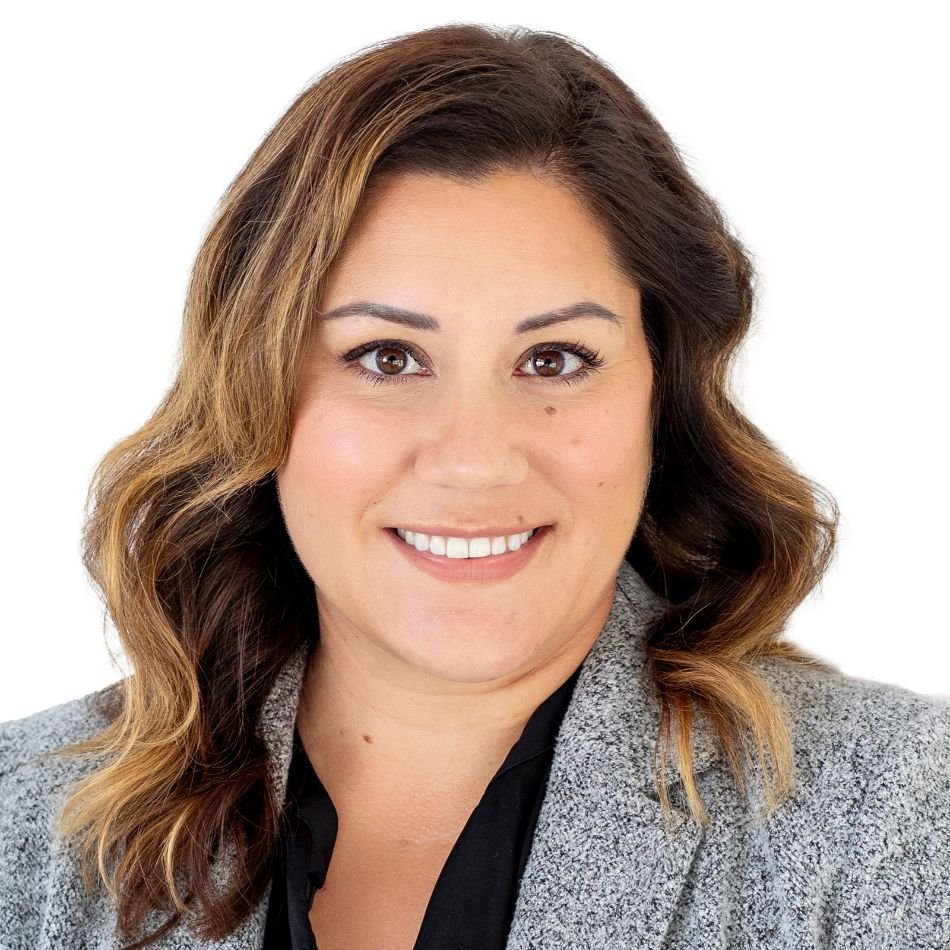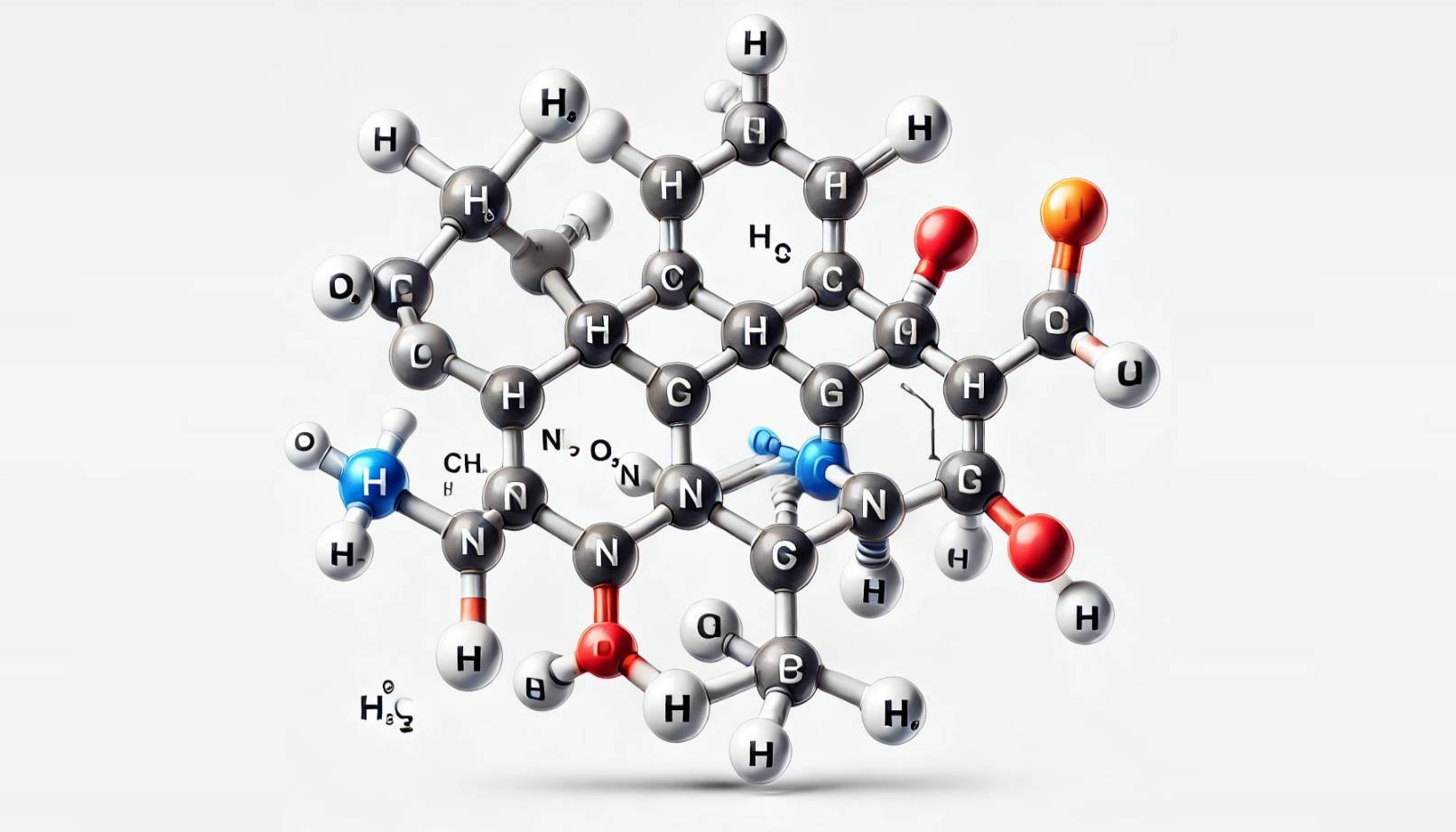
Depression
What is depression?
Depression is a common but serious mental health condition that is characterized as negative thoughts about oneself, others, and the world. Individuals with depression have a persistent sad mood. Depression symptoms can vary from mild to severe. Some types of depression are Major Depressive Disorder, Persistent Depressive Disorder (Dysthymia), Postpartum Depression , Seasonal Affective Disorder, Premenstrual Dysphoric Disorder.
What does depression feel like?
Depression symptoms can look and feel like persistently feeling sad. An individual with depression has a negative internal dialogue about oneself, others, and the world. They can experience feelings of worthlessness and hopelessness and tend to socially isolate. They tend to lose interest in activities they used to enjoy. An individual with depression can experience changes in appetite , sleep disturbances - including insomnia and excessive sleeping. They tend to lose energy and feel fatigued. Individuals with depression report difficulty thinking, focusing or making decisions. In more severe cases, an individual may experience suicidal thoughts or self harm. Symptoms must last at least two weeks and must represent a change in your previous level of functioning for a diagnosis of depression.
Generally speaking…
How is depression treated?
Treatment typically combines pharmacology and psychotherapy, with medications including selective serotonin reuptake inhibitors (SSRIs), serotonin & norepinephrine inhibitors (SNRIs), monoamine oxidase inhibitors (MAOIs), and tetracyclic antidepressants. At Philadelphia Integrative Psychiatry, we offer a unique and comprehensive approach to depression treatment, including the latest options.
At Philadelphia Integrative Psychiatry
We treat depression differently.
Our therapists employ evidence-based approaches targeting interpersonal interactions, trauma, cognition, and behaviors contributing to depression. For treatment-resistant cases, we utilize innovative approaches like N-methyl-D-aspartate (NMDA) Receptor Antagonists, including esketamine (Spravato). Medications may take four to eight weeks to reach full effectiveness. Our integrated approach involves therapy, nutritional counseling, supplement recommendations, and laboratory assessments to rule out medical conditions mimicking depression. Psychotherapy options encompass individual, group, or family therapies.
We offer virtual depression treatment for added convenience and accessibility. Our services extend to concierge depression treatment, ensuring personalized and attentive care. For those seeking a non-traditional route, we provide integrative depression treatment, combining various therapeutic modalities.
Explore cutting-edge options like Transcranial Magnetic Stimulation (TMS), particularly beneficial for individuals who haven't found relief with multiple medications. Our team at Philadelphia Integrative Psychiatry is dedicated to staying at the forefront of the latest treatment for depression, tailoring solutions to meet individual needs.
We stand out for offering the best treatment for depression in Pennsylvania, emphasizing a holistic and patient-centric approach. Contact us to embark on a journey towards mental well-being with our expert and compassionate team.
Our providers specialize in treating depression
Related posts from our blog:
Learn how LSD analogs like JRT and bromo-LSD could revolutionize care for depression and cluster headaches—offering healing without the psychedelic trip.
Learn how naltrexone-bupropion helps with weight loss, depression, and food cravings. Discover safety data and who benefits most.
Dr. Danish tells us about the game changing drug, tranylcypromine (Parnate), that may help patients struggling with treatment-resistant depression (TRD) finally find relief.
How personality traits and coping styles predict depression—Dr. Danish explains how these insights can guide better treatment beyond medications.
Originally developed as an antidepressant, amitriptyline has been found to be effective for multiple disorders beyond depression, including anxiety disorders, chronic pain, and sleep disturbances. By increasing levels of serotonin and norepinephrine in the brain, amitriptyline helps regulate mood, alleviate pain, and improve sleep quality.
This research has a clear takeaway: women in their late 30s to 40s who are approaching menopause should be proactive about mental health. If you are entering perimenopause (or think you might be), it’s wise to be aware of the heightened risk for depression during this phase.
This article highlights the neurobiological underpinnings of menopausal depression, the limitations of conventional antidepressants, and the emerging evidence supporting hormonal interventions, particularly estrogen therapy.
Discover how behavioral activation and interpersonal connection through InterRhythmic Care significantly improve depression and anxiety symptoms while enhancing social functioning.
Explore how tanning beds may impact health outcomes like cardiovascular risk and longevity while learning why visible light therapy is safer and more effective for seasonal depression—insights from Dr. Danish at Philadelphia Integrative Psychiatry.
Explore how inflammatory biomarkers like IL-1β, IL-6, TNF-α, and CRP play a role in diagnosing and treating depression. Learn how Dr. Danish at Philadelphia Integrative Psychiatry integrates these insights into patient care.
A recent study has shown that psilocybin, the active ingredient in magic mushrooms, may be more effective than traditional antidepressants in treating depression.
Dr. Danish and his team frequently work with patients experiencing depression. Auvelity (AXS-05), a combination of dextromethorphan and bupropion, is primarily used for treating depression. This blog dives into the research behind Auvelity in patients with agitation related to Alzheimer’s research.
Dr. Danish frequently works with patients using various medications, including Bupropion, to manage a range of mental health conditions. Bupropion, also known as Wellbutrin, is a medication specifically designed to help individuals with depression, seasonal affective disorder (SAD), and smoking cessation.
Fluvoxamine, commonly known by its brand name Luvox, has evidence for treating OCD, anxiety, and depression across all ages. This post provides information about mechanism, efficacy, dosing, and possible side effects.








































































